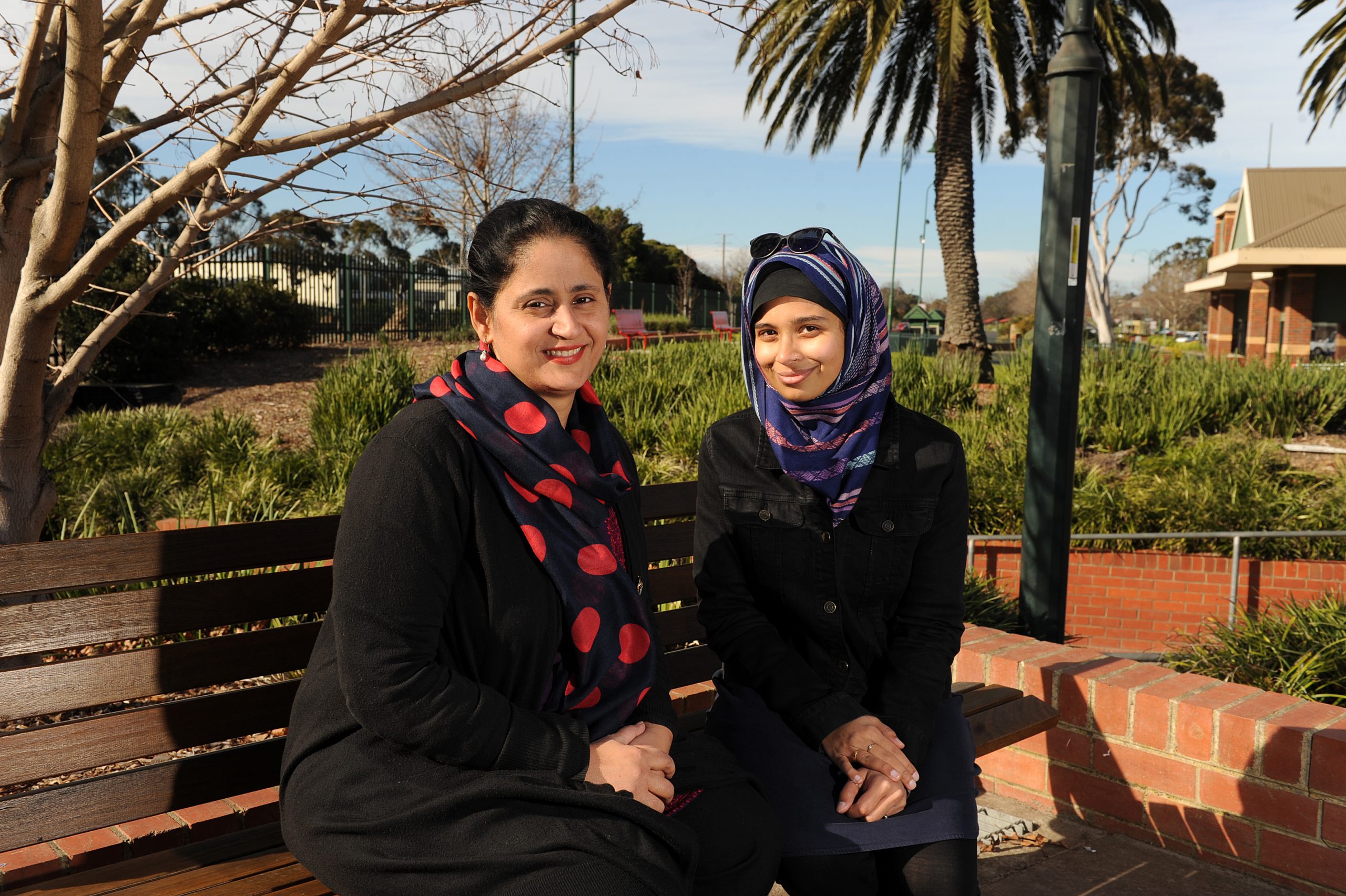Cher Jimenez
TWO years ago Valley residents Arfa Khan and Yumna Ahmed thought that enrolling in an interpreter service course would be a great idea to find their first job.
They both finished the free course but unfortunately failed to secure their accreditation from a Melbourne-based accreditation body because of the huge costs involved.
Ms Khan, who comes from a Pakistani background and speaks Urdu, Hindi, Punjabi, and Bangla, took the interpreter service course at the now Federation Training campus in Traralgon in 2016 together with more than 10 people mostly from culturally and linguistically-diverse backgrounds.
“It was two to three months of intensive training. It was a broad one (that included) laws in interpreting service,” she recalled.
Twenty-five-year-old Ms Ahmed had just graduated from a bachelor of science degree in biotech at Monash University when she took the course.
“I was looking for something to do, I did it because I thought there were opportunities there,” she said.
The state government recently announced a $21.8 million funding boost to interpreter service in Victoria plus $8.4 million annually that will go towards improving the wages of interpreters, a move seen as the biggest funding boost in translator support across the state.
In a statement, the state government admitted that interpreter wages had been “static” for the past 15 years resulting to many skilled translators leaving the profession.
“With Victoria’s increasing cultural diversity, interpreters have never been more important. It is essential that we ensure a professional, high-quality language services industry to meet the needs of Victorians,’ state minister for multicultural affairs Robin Scott said.
Results of the Gippsland Multicultural Strategic Plan have revealed issues surrounding access to interpreter services as a major need of multicultural communities in the region.
The report noted that newly-arrived migrants and refugees would often use a family member to act as interpreter when accessing local service providers leading to confidentiality issues. Gippsland Multicultural Services director Lisa Sinha said the burden lies with local service providers who failed to inform clients about the availability of interpreters in their own language which can often be accessed for free as they are funded by government.
Ms Khan, who is also the president of the United Muslim Sisters of Latrobe Valley, said having an interpreter available locally instead of calling a hotline to get access to someone in Melbourne might benefit the multicultural community.
“If you have someone locally they can come physically (to provide language service) and they know the local context which is going to be helpful,” she said.
Ms Khan said with the current funding boost she might consider pursuing a career in interpreter service considering the high employment rate in the Valley at the moment.
A spokesman for Victorian Multicultural Affairs Minister Robin Scott said aside from interpreters employed in particular settings such as hospitals, there had been no formal award that sets the minimum wage for interpreters.
The spokesman said the number of interpreters in Victoria ranges from 1200 to 1500 and are mostly contractors and casuals.











